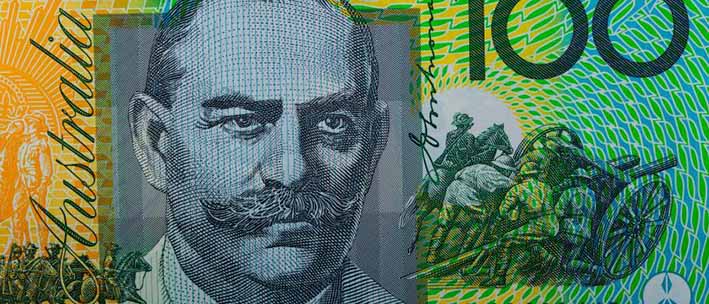| With Monash trumping Bunjileene-Purrine as the new name for our federal electorate, we must find other ways to honour indigenous culture and people, writes Marg Lynn. |
SOMETIMES, it seems, the umpire gets it wrong. We can fume and protest. But in the end, the decision is made and we get on with it.
The umpire this time is the Victorian Redistributions Committee who have produced their final report with, for us, the excellent outcome of expunging McMillan’s name. Then there was the devastating follow-up of giving us the name of Monash. Monash is an honourable name, in memory of an honourable man, but it is not the name we wanted.
Bunjileene-Purrine was the name chosen by the Aboriginal Naming Committee, formed by Gunnaikurnai and Bunurong people coming together. It was a wonderful process with a truly authentic result. Their hyphenated name was offered as a gesture of reconciliation, as a wish for us whitefellas to understand, and a means of claiming back some of their history.
For us it would have been an acceptance of that reconciliatory overture, some recognition of what we have done, and a giving up of a little bit of power.
The Bass Coast South Gippsland Reconciliation Group and other contributors to the campaign, such as Geoff Ellis, argued that we could no longer live in an electorate named after a murderer of hundreds of men, women and children. We won that round. The Redistributions Committee was persuaded.
We went on to argue that social justice required that those whose dispossession started in the age of McMillan deserved redress. Naming rights over who replaced the man responsible for the deaths, displacement, and by implication, disease and destruction of culture, was a small concession in the scheme of things.
When that didn’t win, and the interim report suggested Monash would get the prize, we argued further that a reconciled Australia, which is a national goal, involves all Australians valuing and recognising the richness and diversity of Aboriginal cultures that constitute the longest living continuous cultures in the world.
We also ran arguments about Monash not suffering from under-exposure (a university, a freeway, a scholarship, a centre in France, etc) and that he would be better aligned with the City of Monash.
In the end, the umpire ruled us out. They held the power.
We express our sadness and regret to all our Aboriginal friends – we had high hopes we might change something symbolic but profound.
We thank everyone who has worked on this campaign and written to the AEC to express your views and your support for an Aboriginal choice of name. May we now continue our work on other ways to honour past and present Aboriginal and Torres Strait Island culture and people.
Marg Lynn is secretary of the Bass Coast South Gippsland Reconciliation Group.
Why Monash?
The Victorian Redistributions Committee received more than 35 submissions on the proposal to rename the seat Monash, more than for any other electorate. Their final report states:
While some objections to the proposed redistribution and comments on objections voiced the opinion that the name ‘McMillan’ should be retained, many welcomed the Redistribution Committee’s proposal to retire the name. However, not all agreed that ‘Monash’ was the most appropriate name, with arguments made that while Sir John Monash is a worthy individual, he has been sufficiently recognised elsewhere, or it may be better to name an electoral division in a different part of Victoria after him.
Seven alternative names were offered, with many arguing that it would be most appropriate for the proposed electoral division to be given an Aboriginal name.
The augmented Electoral Commission:
- understands the importance of recognising indigenous heritage and hurt, and proposes recognising the names of three important leaders in Aboriginal rights with the proposed Divisions of Cooper and Nicholls,
- recognises the importance of maintaining Aboriginal names for divisions where possible and proposes retaining the name of the Division of Corangamite,
- notes objections that the Monash name is strongly linked to Monash City Council, Monash University and the Monash freeway in the Division of Hotham, but also notes separation between the electoral divisions and municipalities of Casey, Corangamite and Maribyrnong. Local Government boundaries in Victoria have effectively been static for many years, however federal electoral division boundaries change over time and the attribution of a name to a specific area, based on associations at other levels of government, was not seen as a compelling argument, and
- notes Sir John Monash’s broad connection to the division through his role in the State Electricity Commission and the development of the Latrobe Valley.
